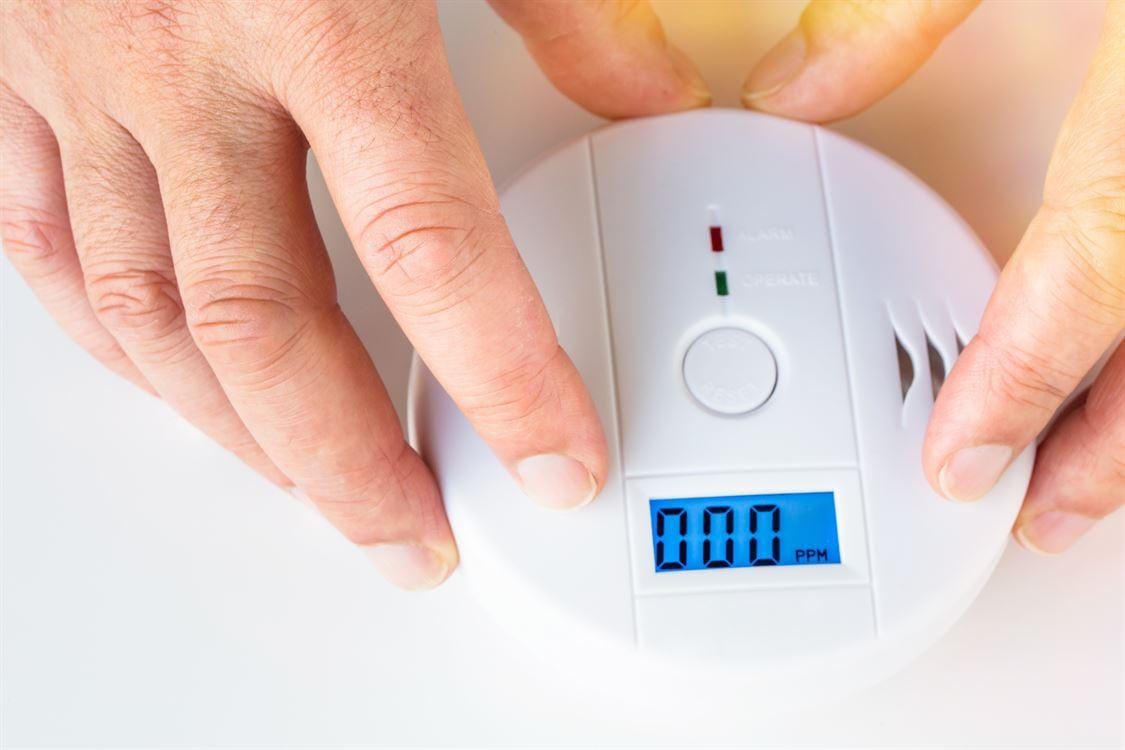

Smoke alarms may be an excellent tool for saving lives; however, you must ensure that they’re properly installed and are maintained regularly. Here we’ll offer you tips to keeping up with your smoke alarms and keeping your home and family safe.
Test
Battery-operated alarms must be tested each month to make sure they’re properly working. To test, touch the test button and the detector will sound. If it does not make a noise, change its battery and then test again. Replace its batteries one time per year. If the detector chirps as a sign of a low battery, you’ll have to change it. If the alarm is hardwired and does not work, immediately replace it. Even if it does make a sound as it’s tested, check the date on its label and replace the alarm by that time.
Replace the Batteries
If its batteries have been replaced and it keeps on chirping, the alarm likely needs to be reset. Remove the alarm from the ceiling, remove its battery; press and hold the test switch for 15 - 20 seconds. The alarm ought to make multiple beeps. Then you can reinstall its battery and reinstall the alarm to the ceiling.
Even if its batteries are new, there are additional things which may cause false alarms:
Replace Detector
Smoke alarms must be replaced every 10 years. If you don’t know how old the smoke detector is, replace it as soon as you can.
Interconnected and Hardwired
A hardwired alarm is powered by the electricity in your home. If your alarm is connected to 2 wires, it isn’t interconnected yet if it is connected to 3 wires, it’s interconnected with additional alarms in your house. That means if even a single alarm senses smoke, they’ll all make a noise.
Are your alarms hardwired?
Rotate the alarm to release it from its base and pull it away from the ceiling or wall. If you see any wires, it is a hardwired alarm. If it needs to be replaced, you’ll require another hardwired alarm. If you have a house built before the year 1989 with hardwired alarms, more than likely, the alarms aren’t interconnected. In the year 1989, the building codes began to require that all hardwired smoke detectors be interconnected. Interconnected hardwired alarms connect to 3 wires in the electrical box. Knowing if the smoke alarms are interconnected or not is going to assist you in buying the correct replacement.
For more tips for maintaining your smoke alarms contact one of the most top-rated electrical companies, Powertec Electric today!